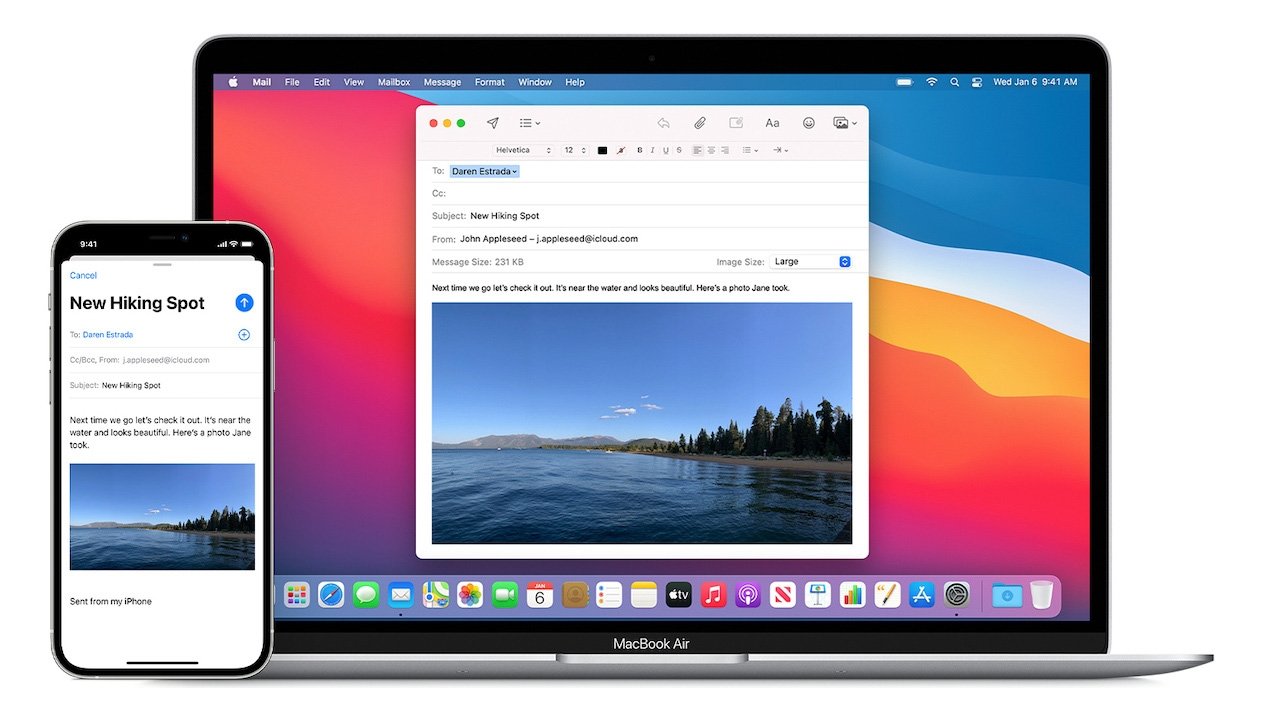An Epic Games expert witness laid the groundwork for an argument that Apple could make iOS more like macOS in terms of app distribution and third-party access without suffering in security.
During his testimony on Friday, Harvard University Computer Science Professor James Mickens laid out the differences between iOS and macOS to Judge Yvonne Gonzalez Rogers. Some of the key areas of distinction include security, app distribution, and third-party app access.
For example, Mickens says that Apple's App Review process provides negligible security benefits over iOS's built-in defenses. That's because of mechanisms like sandboxing, which prevents app from interacting with other parts of the system.
At another point, when asked by Judge Gonzalez Rogers whether iOS is more secure than macOS, Mickens said that he believed it's not "meaningfully more secure."
Additionally, Mickens said that opening iOS to third-party app stores would not have a "meaningful difference on the security experience." If Apple opened up iOS, it wouldn't prevent users from only obtaining apps from the App Store, he added.
In response to the third-party access comment, Judge Gonzalez Rogers said that Mickens had "made a good point," but noted that she's concerned about the numbers.
At other points during his testimony, Mickens said it would be trivial to port security features like malware scanning and notarization to iOS.
Mickens' testimony defends a crux of Epic Games' argument against the iOS App Store. Epic notes Apple says both iOS and macOS are safe and secure, though Apple does not enforce the same restrictions on Mac. This seeming disconnect could undermine Apple's claims that security and privacy are at the heart of iOS App Store rules.
The Harvard University professor is slated to give additional testimony on Monday.
Stay on top of all Apple news right from your HomePod. Say, "Hey, Siri, play AppleInsider," and you'll get latest AppleInsider Podcast. Or ask your HomePod mini for "AppleInsider Daily" instead and you'll hear a fast update direct from our news team. And, if you're interested in Apple-centric home automation, say "Hey, Siri, play HomeKit Insider," and you'll be listening to our newest specialized podcast in moments.
 Mike Peterson
Mike Peterson







-m.jpg)






 Marko Zivkovic
Marko Zivkovic
 Christine McKee
Christine McKee
 Andrew Orr
Andrew Orr
 Andrew O'Hara
Andrew O'Hara
 William Gallagher
William Gallagher

 Mike Wuerthele
Mike Wuerthele
 Bon Adamson
Bon Adamson




-m.jpg)



77 Comments
Making iOS like macOS has been and will always will be the worst idea.
Idiot doesn’t know the differences. iOS always uses admin account while macOS has multiple user accounts with different privileges.
He’s right. macOS is much more open in terms of how users can install apps, and yet the Mac isn’t crawling with malware, unlike windows. Also, if iOS is opened to allow third party app stores, nothing would require users to download apps from those other stores if they didn’t want to. I’ve had an iPhone since 2007, but I recently started toying with android, and I’ve never used any other App Store besides the google play store even though others exist.